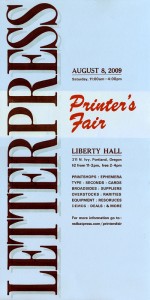 My front page this morning was nothing but economic trouble: condo sales in collapse, another bank failure, Congress squabbling over the price of health care reform, an analysis of the cash-for-clunkers program (it’s good for car companies, not so much of an environmental boon) and, tucked into one corner, the curious declaration by a group of economists that things are looking up. These were employed economists; unemployed economists tend to be more aware of the emperor’s bare behind.
My front page this morning was nothing but economic trouble: condo sales in collapse, another bank failure, Congress squabbling over the price of health care reform, an analysis of the cash-for-clunkers program (it’s good for car companies, not so much of an environmental boon) and, tucked into one corner, the curious declaration by a group of economists that things are looking up. These were employed economists; unemployed economists tend to be more aware of the emperor’s bare behind.
We’ve had our share of bad news on the cultural front, too. A ballet company on the brink. A symphonic orchestra making deep budget cuts. A contemporary dance center in dire straits. All sorts of arts groups wondering, with good cause, whether they’ll make it through these tough times.
But the deal is, this town’s crawling with culture. It might not always be “high” culture and it might not always be buffered by wealthy patrons, but it’s all over the place, fed by the enthusiasms of people who create a scene around something because they genuinely enjoy what it is and the impact it has on their lives. Depression or not, you can’t keep curiosity from putting on its walking shoes and going out for a stroll.
Today I went to the minor mob scene that was the Letterpress Printers’ Fair at Liberty Hall, a small, well-weathered space stuck to a stubborn outcropping of North Ivy Street that refuses to give up its character to the waves of noise and hurtling traffic from the nearby freeway exchange that slashes through the neighborhood like a tornado through a Kansas farm. Liberty Hall clings to life and the public welfare like a robust, exotically flowering weed whose beauty is in the eye of chosen beholders. It’s a gritty joint, and I mean that in a good way.
Ivy turns into almost an alley at Liberty Hall, and today pedestrians took precedence over drivers. Printing enthusiasts were spilling out on the street. Vendors in the little front yard were cranking out sandwiches, selling carroty-looking cookies and cakes, dispensing drinks. The front porch was jumping, and once you got through the door it was like squeezing into the current with a school of fish. Rows of tables, a make-your-own print setup on the stage, printed T-shirts for sale and booth after booth offering greeting cards, posters, broadsides, hand-stitched books, pieces of old printers’ type, stationery and the varied wares of varied small presses.
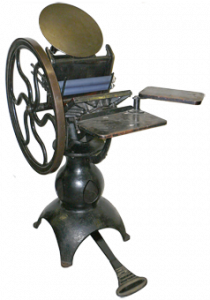 In one corner I ran into Laura Russell, whose 23 Sandy Gallery specializes in photography and book arts; in October her gallery will feature Broadsided! The Intersection of Art and Literature, a national juried exhibition of letterpress-printed broadsides.
In one corner I ran into Laura Russell, whose 23 Sandy Gallery specializes in photography and book arts; in October her gallery will feature Broadsided! The Intersection of Art and Literature, a national juried exhibition of letterpress-printed broadsides.
“Crowded,” I said, squeezing into speaking range.
“This is quiet compared to this morning,” she shouted. “It was really packed then!”
So what excites all this passion? I think it has something to do with this city’s love for the small-scale, the handmade, the forgotten and outmoded, the aged but still lovely. With holding and feeling and handling things. With craft and artisanship. With making something on your own and saying, “That’s good!”
Printing is a tactile affair. It holds the advantage that a book holds over this digitized thing we’re writing and reading right now. It makes an impression, literally: little hills and valleys on the page, with the elegance and imperfections of the process. The paper, the imprint, the design, the stitching, the inking, all conspire to create something physical that offers the illusion if not the actuality of permanence. A letterpress creates a thing — a thing that can be beautiful, at a cost that most people can afford.
Like baseball, it holds its own history and its own language. The tray with the little cubicles that hold the print is the job case. The bits of blank metal that create spaces are called leading. You use coppers and brasses and kerns and ems and ens, and when you’ve finally got everything ready to roll you got that satisfying thwack! thwack! thwack!
Like haiku, a letterpress has severe limitations but opens a world of imagination. I saw some lovely bookmaking at the Oregon College of Art & Craft booth, and nice broadsides, and a series of fascinating monster cards — Dracula, King Kong, Frankenstein’s creature, with pertinent textual quotes for each — that caught my eye as a possible gift for my daughter, who knows her gothic although she is not arch.
“How much are these?” I asked.
“Oh, they’re not for sale,” a young woman replied. “These are just samples of students’ work that we’re showing.”
I liked learning about places with arcane names that stake their claim to their own oddball eddy in the stream. Letterary Press. Obscura Press. Cupcake Press. Twin Ravens Design & Letterpress. Red Bat Press. Stinky Ink Press (now there’s truth in advertising). Tiger Food Press. Emspace Book Arts Center. Bartleby’s Letterpress Emporium. Stumptown Printers Worker Cooperative, which promises “simple & sexy printing and paper-based products.”
So let the presses roll. Have fun. Surprise yourselves. Make beautiful things. Take sweet revenge on the economy. And try to keep your apostrophes under control.
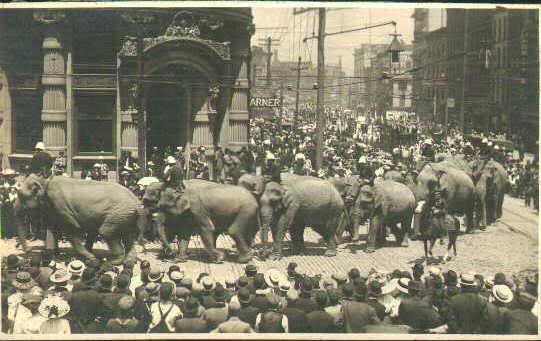
Mousy Undulating Waves
Missing Ugly Whale
Malevolent Ugly Wench
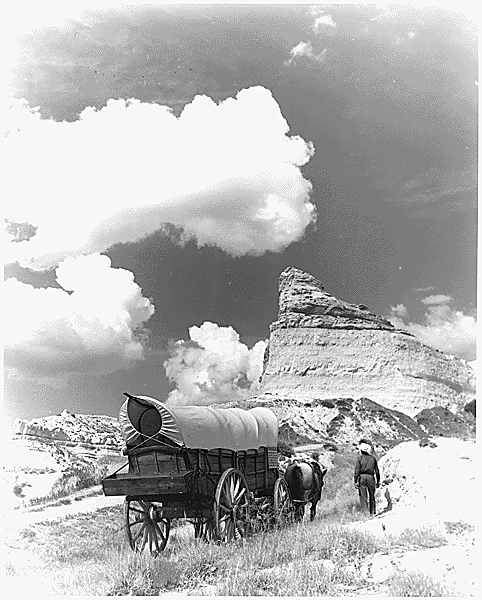
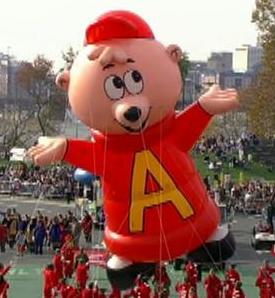 Where have all the flowers gone?
Where have all the flowers gone?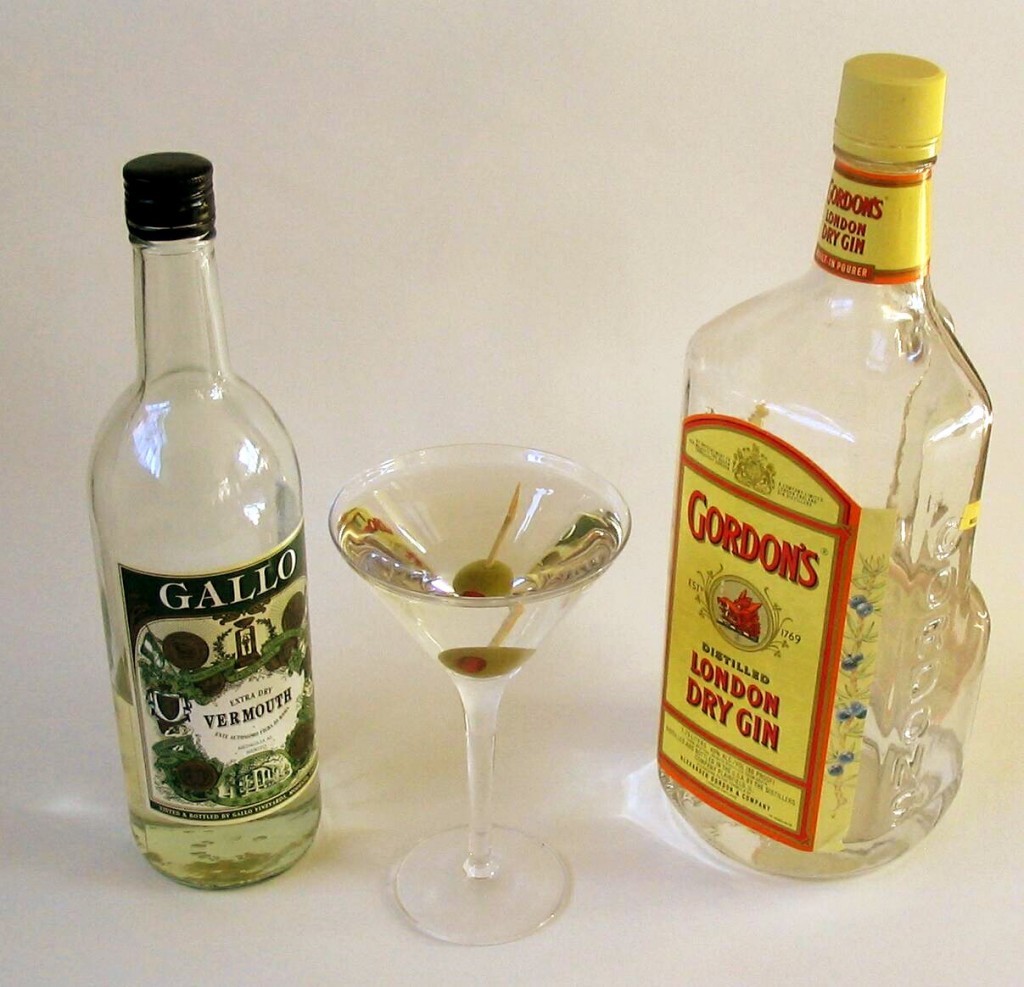
 My front page this morning was nothing but economic trouble: condo sales in collapse, another bank failure, Congress squabbling over the price of health care reform, an analysis of the cash-for-clunkers program (it’s good for car companies, not so much of an environmental boon) and, tucked into one corner, the curious declaration by a group of economists that things are looking up. These were employed economists; unemployed economists tend to be more aware of the emperor’s bare behind.
My front page this morning was nothing but economic trouble: condo sales in collapse, another bank failure, Congress squabbling over the price of health care reform, an analysis of the cash-for-clunkers program (it’s good for car companies, not so much of an environmental boon) and, tucked into one corner, the curious declaration by a group of economists that things are looking up. These were employed economists; unemployed economists tend to be more aware of the emperor’s bare behind. In one corner I ran into Laura Russell, whose
In one corner I ran into Laura Russell, whose 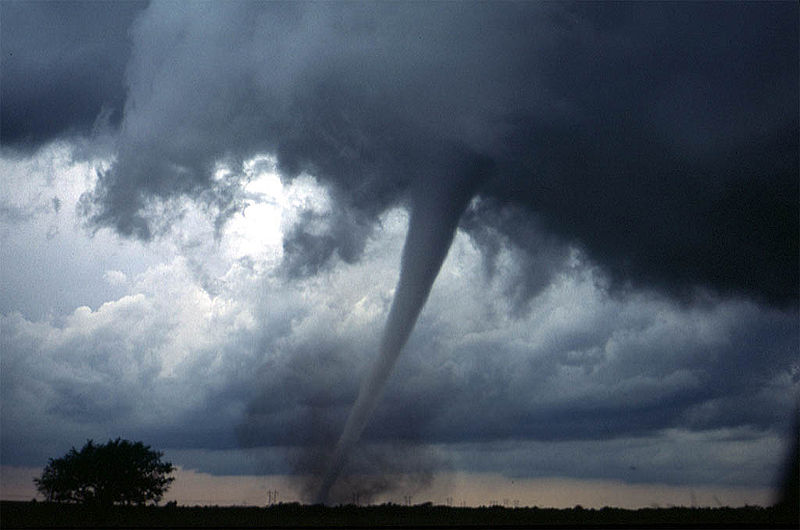
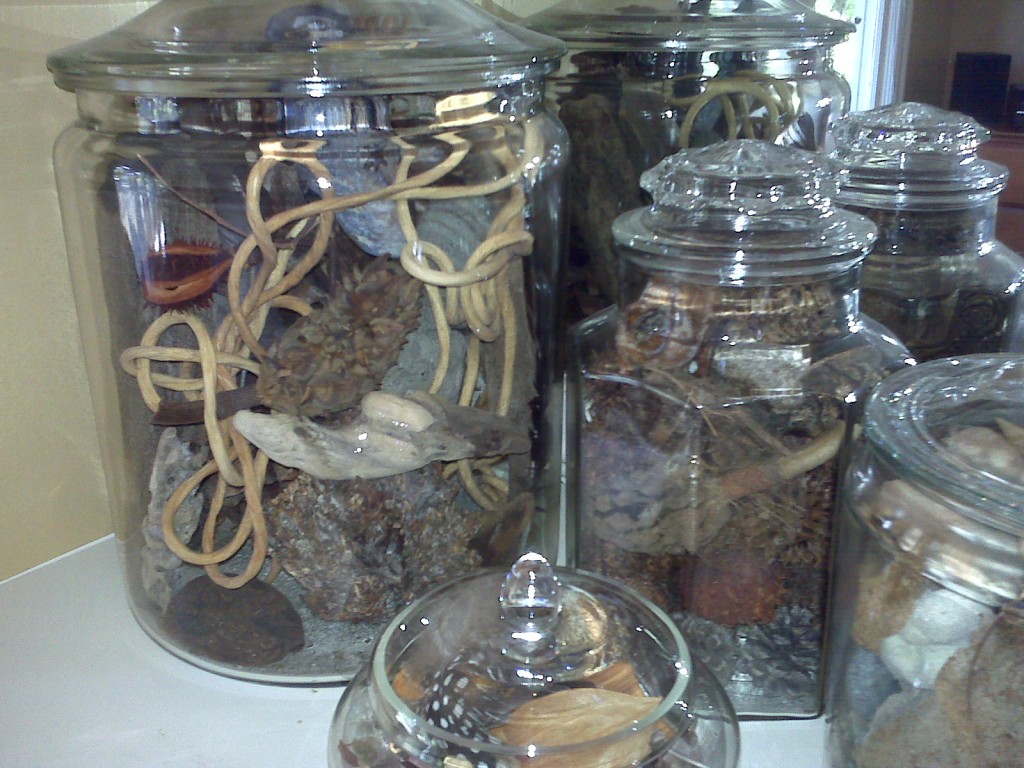
 But I’ve been fingered by
But I’ve been fingered by 
 dateline willow lake – Kum ‘N Go is gone, replaced (in name sign only) by Super X. In my South Dakota hometown the once “Ye Olde … Whatever†signs have been replaced by vintage-script “Whatever . . . Shoppe†ones. And I forget how delightful it is to name the surrounding towns: Letcher, Loomis, Woonsocket, Ree Heights, Yale, Carthage, Carpenter and Iroquois, and the still barely 300+ Willow Lake, where I spent most of my first fourteen years, and where today I visit my Aunts Gloria and Rose, my only remaining relatives of my parents’ generation, who live a block apart, or, almost across town from each other.
dateline willow lake – Kum ‘N Go is gone, replaced (in name sign only) by Super X. In my South Dakota hometown the once “Ye Olde … Whatever†signs have been replaced by vintage-script “Whatever . . . Shoppe†ones. And I forget how delightful it is to name the surrounding towns: Letcher, Loomis, Woonsocket, Ree Heights, Yale, Carthage, Carpenter and Iroquois, and the still barely 300+ Willow Lake, where I spent most of my first fourteen years, and where today I visit my Aunts Gloria and Rose, my only remaining relatives of my parents’ generation, who live a block apart, or, almost across town from each other. A website away, I find that POET, LLC has spent twenty years “defining the art of biorefining,†that is, the production of ethanol from corn. POET began as a family farm operation in Wanamingo, Minnesota, in 1983, turned commercial operation in Scotland, South Dakota in 1986, and now has some two dozen plants in seven states throughout the Midwest. How have I missed this?
A website away, I find that POET, LLC has spent twenty years “defining the art of biorefining,†that is, the production of ethanol from corn. POET began as a family farm operation in Wanamingo, Minnesota, in 1983, turned commercial operation in Scotland, South Dakota in 1986, and now has some two dozen plants in seven states throughout the Midwest. How have I missed this?